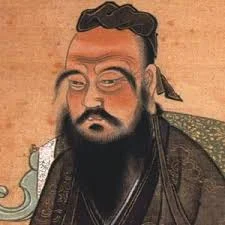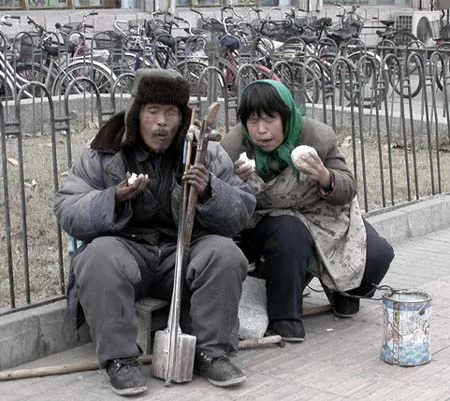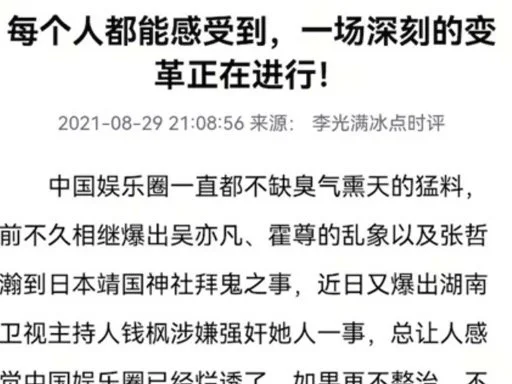Seventeenth Party Congress Special: Down With Confucius
October 21, 2007
THE VICE-MINISTER of Education, Zhou Ji, said last week that China would endeavour to improve the "moral education" of the masses. Such comments are always to be regretted, because almost instantly, the foreign press starts going on about Confucius.
Confucius is a crucial part of Western stereotypes about the Chinese. Charlie Chan, a 1930s Chinese detective played first by a heavily made-up Swede and then by a heavily made-up American, used to cite shop-worn old proverbs to his "number-one son" and pretend that Confucius came out with them. "Confucius say not to make mountain out of molehill." "Confucius say look before you leap." Chan, to put the movies in their moral context, was often surrounded by demented negroes pushing wheelbarrows and saying "Yessah."
At the press conference last Tuesday, it took the foreign press about ten minutes to mention the tedious old sage of Shandong Province, and Minister Zhou replied as delicately as possible, saying that the teaching of Confucian ideas would contribute a great deal to the moral and patriotic education of China's children, but that they had to be adapted to the modern setting.
The only thing worse than a foreign reporter trying to tell the world that the ideas of Confucius are making a comeback is a Chinese minister confirming that the ideas of Confucius are making a comeback.
A day doesn't seem to pass by without the opening of yet another "Confucius Institute", a Chinese government-sponsored initiative aimed at teaching Mandarin and disseminating Chinese culture abroad. Confucius, it seems, is the acceptable face of Chinese society, preaching order and harmony and self-control amid the vicissitudes of everyday life.
It wasn't always like this. Chairman Mao, in his long campaign to eliminate everything in the country that didn't refer to him, launched a series of campaigns against the sage, saying that he represented China's slavish allegiance to the past. During the Cultural Revolution, Zhou Enlai was the first to be accused of being a "modern-day Confucius", but by 1974, the tide had turned and the disgraced Lin Biao was now accused of following the "Confucius-Mencius way".
In any case, foreign observers are always trying to emphasize the otherness of the Chinese, and cite Confucian values as one of the reasons why, say, China isn't democratic or why there is an exaggerated respect for family values in Japan and Korea. In fact, notions like filial piety are common enough in all human societies where children are dependent not on society but on the wealth and connections of their relatives. And these notions are quickly eroded by improving social mobility, education and welfare.
Bringing back Confucius is a retrogressive step, and the government's promotion of Confucian ideas is no doubt a desperate attempt to use ready-made moral examples in an attempt to paper over the widening social cracks. It should be stopped now. Down with Confucius.





